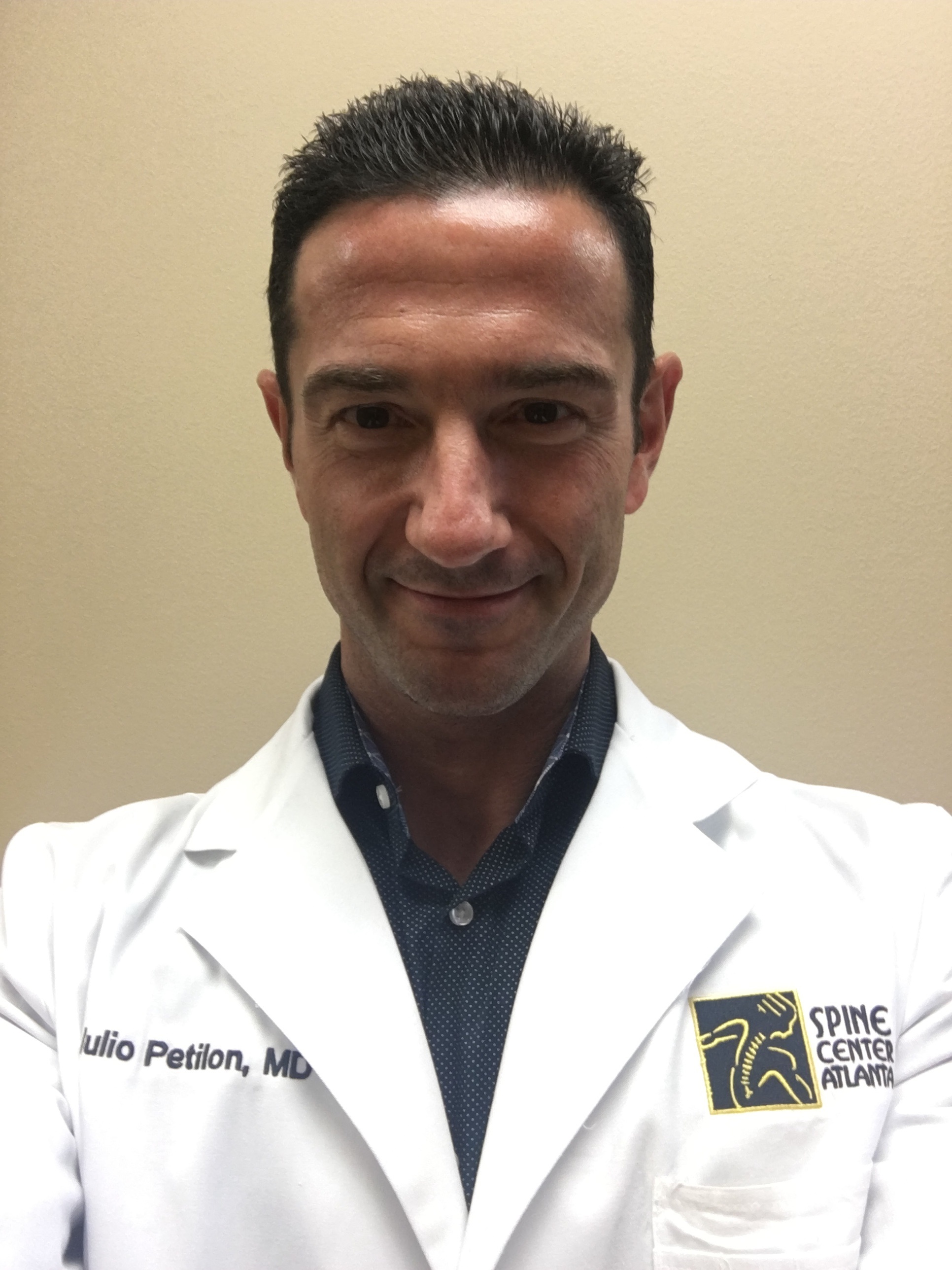Julio Petilon, MD, an orthopedic spine surgeon at Spine Center Atlanta in Georgia, discusses his career, minimally invasive spine surgery and what the future holds for the industry.
Question: How did serving on a tour in Afghanistan impact or shape your medical career?
Dr. Julio Petilon: It is a privilege to serve our country and also to serve in the field of medicine. Touring in Afghanistan, I learned about the importance of commitment and teamwork to achieve a common goal. In the hospital, every day, medical providers from different countries and different specialties would gather together to care for those wounded in combat and provide them the best possible care. It was a concentrated and well-coordinated effort that became commonplace and led to the successful survivorship of those severely injured. It is this dedication for patient well-being and spirit of teamwork that can make any practice of medicine successful. It reminded me not to lose sight of the privilege we have as providers for the betterment of those that require our medical attention and expect the best. Providers must also acknowledge all other staff members, from the front desk, OR team, clinical staff and billing departments that make a practice successful. As physicians, we are often looked at as leaders, but must realize that it takes a team to succeed.
Q: What are the opportunities and challenges and in MIS spine today?
JP: MIS allows the opportunity for continued innovation and potentially improved outcomes in spine surgery. However, it is challenged by adoption by practicing surgeons, a learning curve and acceptance by payer sources. It is critical that MIS is legitimized through research and cost benefit analysis. This should include comparisons in outcomes, avoidance of or length of hospital stay, secondary surgery rates and costs.
Q: What do you believe the future has in store for the spine industry in the next five years?
JP: I believe that the future of spine surgery practice will undergo significant changes. Surgeons, practices and insurers will become more critical about reducing costs while maintaining good outcomes in patients with correct surgical indications. We continue to figure out how to measure value of outcomes. Ambulatory surgery centers will hopefully continue to grow and show both medical and economical effectiveness. This task appears daunting and deterring but as any other scenario, where there is great challenge, there is great opportunity.
More articles on spine:
Dr. Nadeen Chahine wins $1.8M NIH grant for spinal disc degeneration research: 5 highlights
Value-designated spine centers of excellence yield 19% cost savings: 5 insights
AMA presents AANS & CNS Washington Office director with Lifetime Achievement Award: 6 highlights


